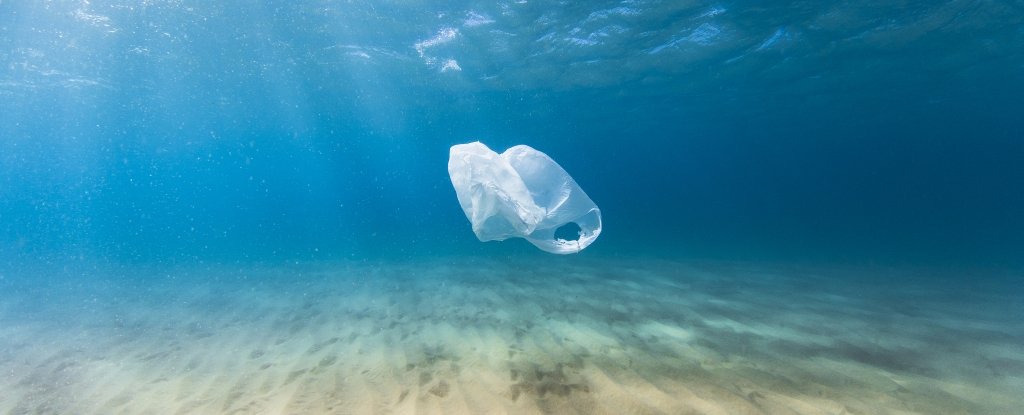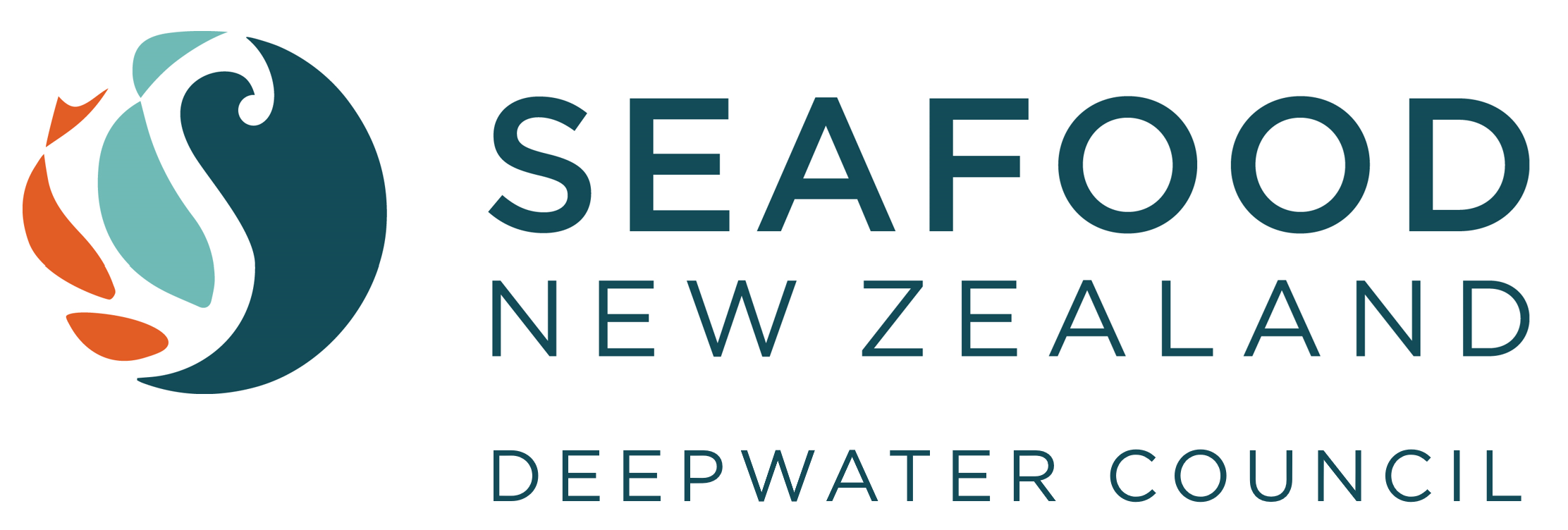Participating in reducing plastic pollution
Published: 27 June 2018
The New Zealand seafood industry is at the forefront of sustainable and environmentally responsible seafood, but, along with other industries, recognises the contribution it must make to combat plastic pollution in the marine environment.

Left unchecked, plastics pose a threat to fisheries and food supplies.
Once in the ocean, several processes of degradation occur – disintegrating into microscopic plastic particles. Given their durability, research suggests plastics could persist in the environment for decades, perhaps even centuries.
For marine life, plastics pose direct and indirect harm – entanglement, suffocation from ingestion and the passing of plastic particles up the food chain. They also provide a route for invasive species and diseases to travel.
Nations worldwide, including New Zealand, have recognised the problem and responded by signing declarations to tackle plastic waste. The Ministry for Primary Industries (MPI) has commissioned a risk profile to identify if research is needed to determine the dietary risks associated with microplastics in the environment and New Zealand seafood companies are already making combined efforts to reduce and recycle its plastic.
New Zealand’s largest seafood company Sanford, is conducting a project in Pelorus Bay, Marlborough, to produce a multi-trophic, smart mussel farm that delivers a complete ecosystem. As part of the project, plastic ties on mussel ropes are being replaced with plant-based eco-ties that naturally break down over time. The company has also become a recycling hub for Marlborough, recycling approximately 4,500 polypropylene mussel farm floats each year, of which four percent of floats deemed irreparable are replaced by fully recycled ones.
Moana New Zealand is also taking steps to phase out, replace and recycle single-use plastic products and polystyrene bins. Their recycling scheme has diverted 22 tonnes of waste from landfill to date and an on-site waste audit programme is identifying further opportunities to minimise and reimagine waste.
Sealord has implemented programmes promoting the recycling of land-based plastics and established a pouch-recycling initiative that encourages consumers to free-post their tuna pockets to TerraCycle, who recycle them into park benches, waste bins, and watering cans.
Environmental efforts by community groups are increasingly supported by the industry too. Deepwater Group, Sanford and Talley’s are sponsoring the Southern Coastal Charitable Trust’s second Stewart Island coastal clean-up. Over the last 20 years the Trust, through community sponsorship, has removed tonnes of waste and lost fishing gear from the Stewart Island and Southland coastlines. The Marine Farming Association has ongoing projects for cleaning and recording beach debris and New Zealand King Salmon and DOC are getting involved too, conducting clean-ups in six areas of the Marlborough Sounds.
The problem of plastic pollution is one that requires collaboration and innovative solutions from all. The Government’s signing of the UN Clean Seas Campaign and the banning of microbeads is a welcome start, however, further data is needed on the amount, type and source of plastics. Forming management strategies to prevent plastics from entering our waterways, instilling change within the industry and continuing the industry’s involvement in all marine plastic pollution work will be fundamental for moving forward.
Seafood New Zealand has made a submission to the Environment Committee on Plastic Pollution to provide input on the issue, reaffirming the industry wants to be part of the solution, not part of the problem.
